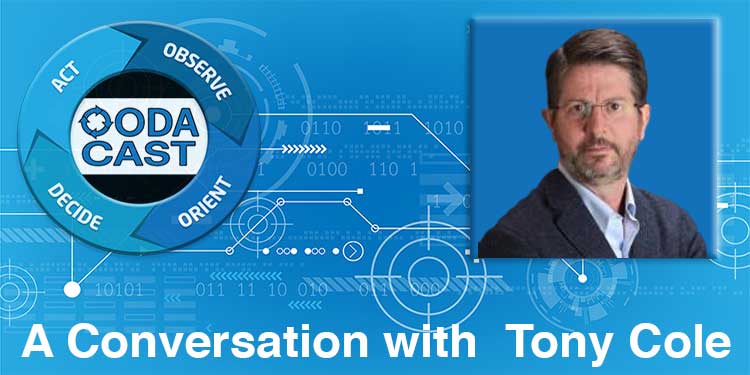Start your day with intelligence. Get The OODA Daily Pulse.
Start your day with intelligence. Get The OODA Daily Pulse.
Exponential innovation is causing exponential disruption
Exponential innovation is causing exponential disruption
Exponential innovation is causing exponential disruption
“Federal contractors whose information systems contain unclassified Defense Department information would have to safeguard that information from unauthorized access and notify DOD of any breaches under a proposed rule published today.” (Source: DOD wants contractors to safeguard unclassified info, report breaches — Federal Computer Week.)
“Computer security experts say they have detected what appears to be the world’s largest-ever computer ‘botnet,’ a network of millions of computers controlled clandestinely by a criminal cyber gang with roots in Eastern Europe.” (Source: Biggest-ever criminal botnet links computers in more than 172 countries – CSMonitor.com.)
“Hackers broke into a Gannett Co database containing personal information about subscribers to publications read by U.S. government officials, military leaders and rank-and-file soldiers, the media company said on Tuesday.” (Source: Cyber attack on Gannett targets U.S. soldiers – baltimoresun.com.)
“Department of Homeland Security worked with non-profits and the private sector to come up with a list of the most worrisome threats and how organizations can mitigate them.” (Source: Feds Identify Top 25 Software Vulnerabilities — InformationWeek.)
“Three years after what the Pentagon called the most significant breach of U.S. military networks ever, new versions of the malware blamed for the attack are still roiling U.S. networks, Reuters has learned.” (Source: Old worm won’t die after 2008 attack on U.S. military | Reuters.)
“The Pentagon’s advanced research arm, the same group credited with developing the forerunner of the Internet in the 1960s, is working on many fronts to boost U.S. defenses against computer-generated attacks.” (Source: Pentagon’s advanced research arm tackles cyberspace | Reuters.)
The National Memorial Institute for the Prevention of Terrorism (MIPT) in Oklahoma City focuses on “preventing and deterring terrorism or mitigating its effects.” Since April 2001, MIPT has funded Project Responder, an effort by Hicks & Associates, Inc. and the Terrorism Research Center, Inc., aimed ultimately at improving local, state and federal emergency responders’ capabilities…
This paper explores methods for capitalizing on existing law enforcement intelligence capabilities to provide intelligence support to decision makers for a full spectrum of public safety and emergency service operations. Intelligence-led mitigation is a management philosophy and business process to proactively guide strategic, operational, and tactical decisions for mitigating the effects of intentional, accidental, and…

Cameron Over leads the Cyber & Privacy service line at CrossCountry Consulting. Cameron has extensive past performance in cybersecurity, including experience advising organizations with transforming their cybersecurity and privacy programs. Cameron has been in the field of information security since the late 90’s. From mid-high school, she was exposed to early network discovery techniques while…

In this episode of the OODAcast, Bob discusses the creative process and technology management approaches of Henry Harrison, CTO of Garrison Computing. Henry is a seasoned technology industry executive and serial entrepreneur who has spent the last ten years focused on cyber security both as an independent consultant and as Technical Director for Cyber Security at…

OODA CTO Bob Gourley was joined by Tony Cole of Attivo Networks in an interactive discussion on the state of cybersecurity, with a focus on how deception technologies can be leveraged by organizations of all sizes to mitigate risks. Tony is an icon in the cybersecurity community. He is known both as a practitioner and…